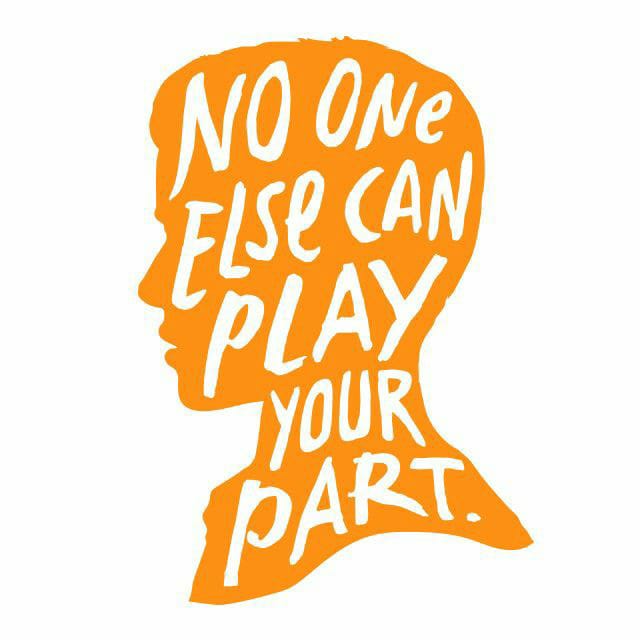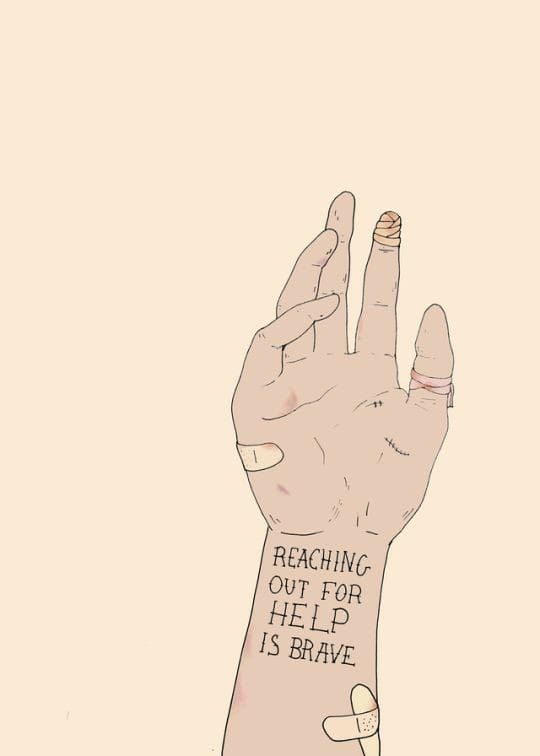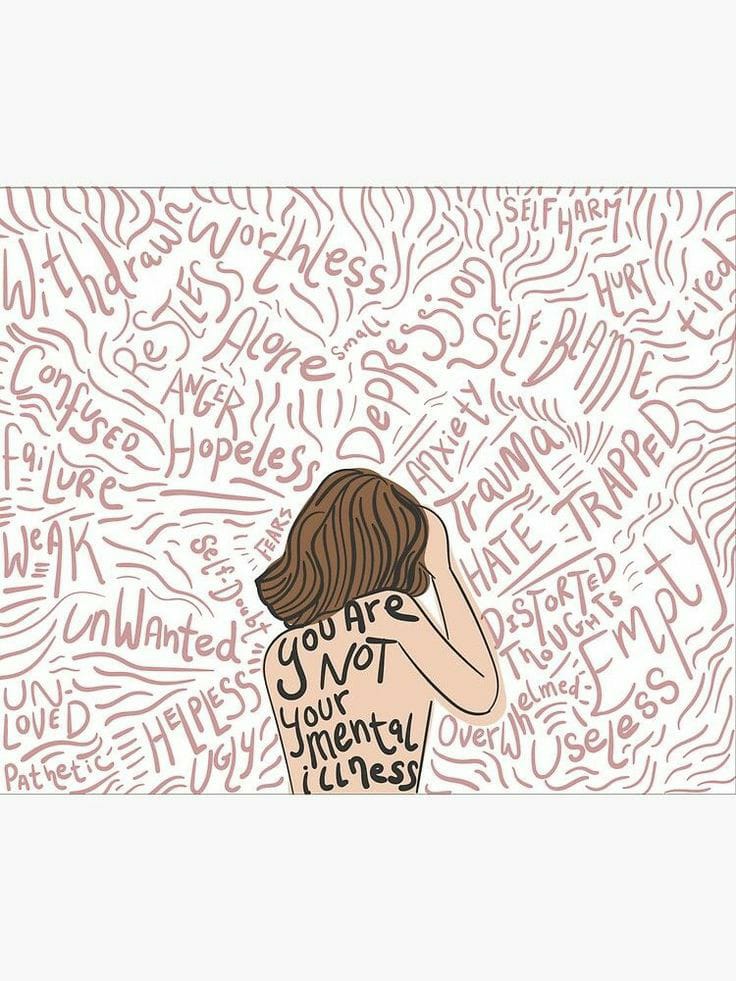By: Gaurpriya Singh Roy

Life is a beautiful journey full of ups and downs, a journey to cherish and thrive. For many, it is a storm to pass, and for a few, it’s an exquisite voyage to adore. it’s all about the way you look at it, a game of perspective many fail to understand; yet everyone seems to have their unique point of view towards it, so it is fitting to say that life may mean so much to many and so little to some.
It is a tremendous joy to those who look up to life to be so gratifying, but it is a pity for those who don’t value it and dismiss it or attempt to throw it away.
People need to understand that there is always hope and life has so much more meaning to it than what they credit it for and throwing away life is not a solution but a poor escape that will only lead to further suffering of their close once, there is a great saying by Ain Eineziz, “you have been given this life because you are strong enough to live it”, this inspiring quote enlightens us on why we precisely have an entire week dedicated to aware and lend a shoulder to those who require us and let them know suicide is avertable.
World Suicide Prevention Day aims to raise awareness that suicide is preventable, improve suicide education, disseminate information about suicide awareness, and reduce suicide stigma.
It is conducted on the 10th of September every year since 2003 by the initiative of the International Association for Suicide Prevention (IASP) and co-sponsored by the World Health Organization (WHO).
Each year, a different theme to focus on is chosen to shed light upon a different aspect of suicide prevention. This year’s theme, which will continue until 2023, is ‘Creating Hope Through Action,’ which aims to reassure people experiencing suicidal thoughts that there is hope and that we care about and want to support them.

World Suicide Prevention Day is a day to reflect on the importance of life and to remember that no matter how bad things appear, there is always hope. Many people know an individual who has committed suicide or who has lost a friend or family member to suicide, We can prevent this loss by raising awareness on this day. It also serves as a reminder to society that consistent and increasing advocacy for mental health resources is required so that people suffering from mental illnesses can get the help they require.
You as a reliable individual can be a Ray of hope to someone suffering by just Reaching out to them, who may require assistance. Certain behaviors are widely recognized as indicators of suicidal ideation. We can all learn the warning signs of suicidal intent so that we can intervene early.
Discussing this issue is an important first step toward ridding society of the notion that mental health issues should be kept hidden. On World Suicide Prevention Day, organize or simply attend a panel discussion about how mental health issues intensify suicidal thoughts.
The insights and stories of people who have lived through suicide can also be extremely powerful in helping others understand suicide and encouraging people to reach out for help, as well as individuals to reach out for help themselves, and the most important of them all is to ‘Look for resources,’ there is a wealth of resources for people to learn more about the causes of suicide and how to prevent it. Numerous books, films, and events are available online that can point you in the right direction. As it is said, “Knowledge not only gives you power but can also save your life”.
We fixate too much on the past/future and disregard the present, Age, health, illness, pain, and the influence of a substance or medication are all merely physical factors. Personality, beliefs, expectations, emotions, and mental health are all emotional and personal factors, Life experiences include family, culture, friends, and life events; How you put all these factors to use and the POV you determine to give is that all that matters in the end.
















